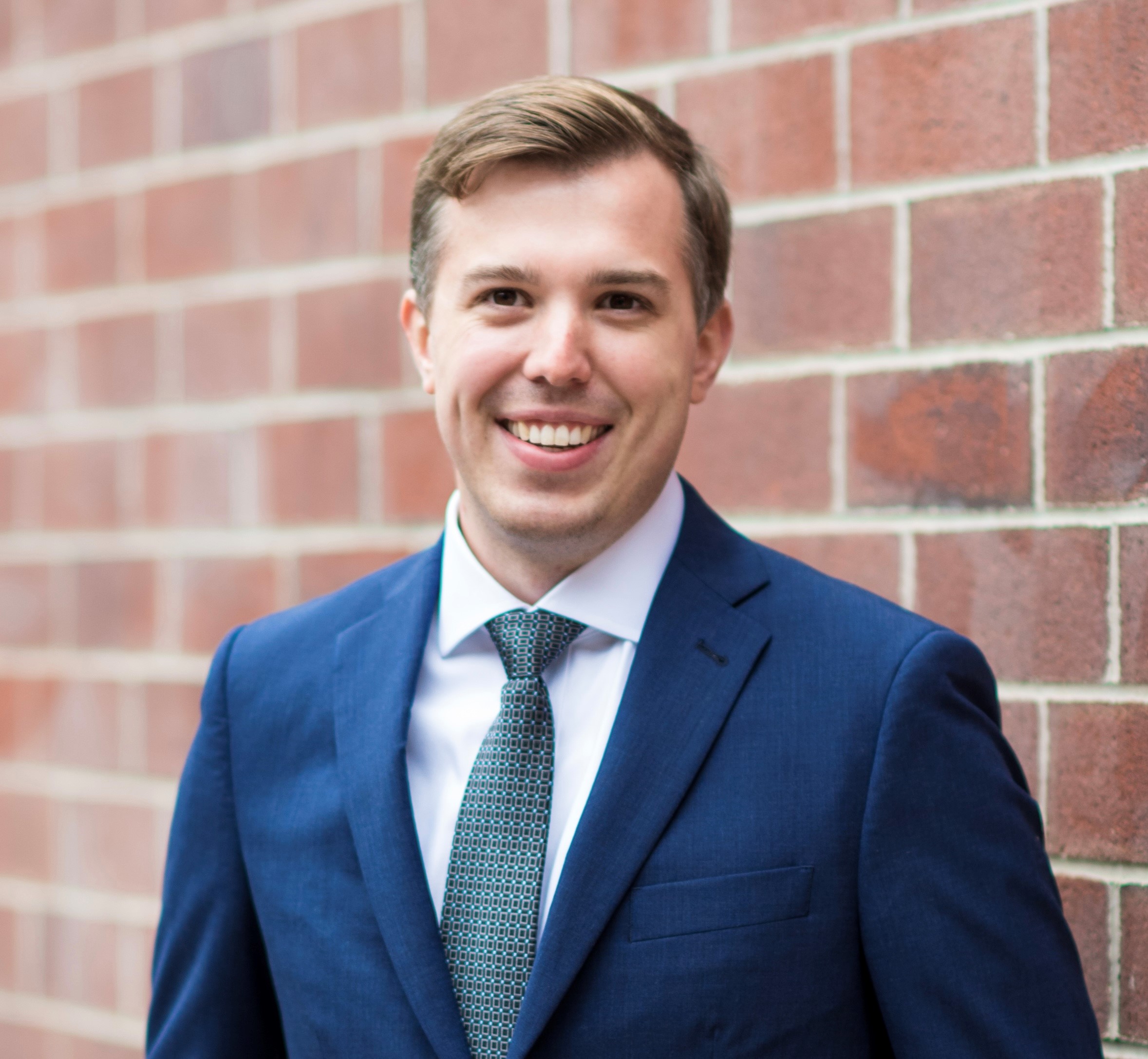Alpha Edge Recognition - Next Generation in Alpha Generation
This year, Allocator Intel will be recognizing leaders in the allocator community, acknowledged by their peers, for exceptional leadership in key areas of portfolio construction in the Alpha Edge Recognition Awards.
Nominated as a Rising Star for Alpha Generation, Ryan Johnston is a Senior Analyst at the State of Wisconsin Investment Board (SWIB). He is a member of the Funds Alpha Team, which oversees SWIB’s externally managed hedge fund, equity, and fixed income programs totaling $36 billion of SWIB’s total $130 billion in AUM.
A Wisconsin native, Ryan is a graduate of Marquette University, where he studied accounting and finance, with an emphasis on investment analysis through the University’s Applied Investment Management Program. Prior to joining SWIB, he worked for the City of Milwaukee and Alpha Investment Consulting Group.
The following is edited for length and clarity.
 What would you say would be your office’s greatest accomplishment since you joined?
What would you say would be your office’s greatest accomplishment since you joined?
When I started, I specifically gravitated towards our long-only manager program, which was $8 billion. Over the past five to seven years, we have deployed significant capital to broaden our roster of active managers; today, the long-only program is approximately $28 billion in AUM, including emerging markets and small caps, and new manager styles.
At the broader SWIB level, we’ve continued to find great talent to run various internal strategies. We continue to strengthen our technology, operations, and legal support functions to be nimble, and flexible in our ability to invest capital.
What investment opportunities are you focusing on over the next 12 to 18 months? What factors influence you most when evaluating opportunities?
I think long-only is an interesting space to eke out alpha but requires a new approach than what has been historically used by allocators. First, when evaluating a manager, whatever they own, that’s their “long”; whatever they don’t own, that’s their “short.” It’s a market-neutral mindset, which draws on our hedge fund DNA and helps us think about how to harvest the best alpha per unit of relative risk.
In contrast, in international small cap, our observation has been that managers can generate solid alpha from the more traditional approach. Those are just two examples of how we broadly think about it; in total, we have approximately 10 opportunity sets: It’s breaking away from the traditional mold in long-only and getting specific about finding managers who have the best engine for generating alpha in each specific opportunity set.
The second big opportunity we see is on the risk side. We think managers being factor-proactive is equally important: It requires more sophistication to generate alpha with long-only mandates, which requires managers to be move from factor awareness to proactiveness.
When looking to form strategic partnership with an asset manager, what are the key areas on which you focus?
It really depends by the relationship: Sometimes with managers, it is all about alpha generation; in other more specific strategies, such as event driven or credit, we look at the potential for quality co-investment opportunities.
Idea sharing is very important to us, and it takes on multiple forms. One example is sharing a specific trade or idea which our internal teams can underwrite and possibly invest. We also use our partners to help us innovate our portfolio construction techniques or tools. Lastly, since we have a lot of in-house investment teams that have been growing in sophistication, we use our external managers for insights on best practices in operations, valuation policy, and technology structure as well as talent policies. We have just as many back-office conversations as front-office.
What have been the most significant changes over the last few years?
Our hedge fund program is designed as a portable alpha structure; therefore, our benchmark is our cost of capital. Our team has been preparing for a rising interest rate environment by negotiating performance hurdles or concentrating the portfolio into our highest-conviction and -alpha managers. The team has also innovated, adding co-investments and a managed account platform that decreases fees, and allows for greater efficiency and return potential.
On the long-only side, we have found that the ability to extract alpha in an efficient, higher-alpha fashion requires a willingness to investment in complex investment strategies. Specifically, we have been adding extension strategies, or regional or market cap specialists: We continue to research those along with sector specialists or strategies that don’t fit perfectly into the long-only or hedge fund buckets.
What do you do in your spare time?
Most of my spare time is dictated by the seasons. My passion in winter is curling, a team sport where you slide rocks on a sheet of ice hoping to out-score the opposing team. In the summertime, I’m a pilot and so is my dad, and I like to fly with him.
In the fall and spring, I love being outdoors: I love hunting and fishing; I’m from Wisconsin, and that’s part of the DNA. Otherwise, I’m starting grad school part-time in the fall, for an MBA.
For more content of Investor Week, visit the group here.
To discuss the content of this article or gain access to like content, log in or request membership here.
